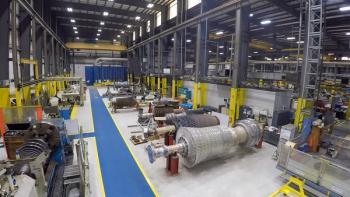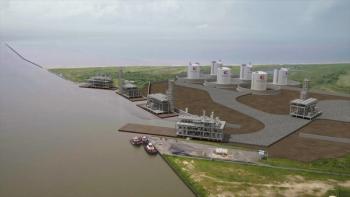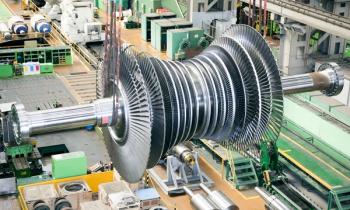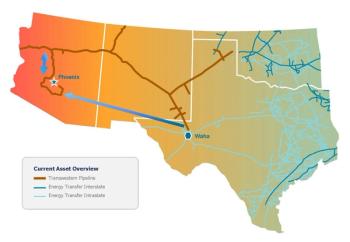
MHI, Taiwan Fertilizer to Assess National Fuel Ammonia Value Chain
To support the 2050 carbon-neutrality plan, Taiwan Fertilizer Co. (TFC) will use blue and green ammonia as fuel in Taiwan.
Mitsubishi Heavy Industries (MHI) signed a memorandum of understanding (MoU) with TFC to conduct a joint pre-feasibility study on establishing an ammonia value chain in Taiwan, supporting the country’s 2050 Net-Zero Emissions goal.
MHI and TFC will explore facilities and economic feasibility of the fuel ammonia value chain, including ammonia receiving, storage, handling, and delivery to power plants. In addition, the MoU will assess using ammonia as a fuel for power generation. Ammonia, comprised of hydrogen and nitrogen, is an efficient carrier for hydrogen transportation and can undergo fuel combustion without emitting CO2.
Taiwan’s 2050 Net-Zero Emissions target focuses on cutting carbon emissions and integrating less carbon-intensive fuels. To support the initiative, TFC will use blue ammonia and green ammonia as fuel in Taiwan. In June 2023, TFC imported the country’s first low-carbon ammonia and, in January 2024, created an Ammonia Energy Division.
MHI Low-Carbon Fuels
In June 2024, the
The agreement will begin with a hydrogen co-firing pilot project at an EGAT power plant in Thailand, with an initial feasibility study to be performed by March 2025. For this pilot project and at EGAT’s request, the companies plan to achieve a hydrogen co-firing ratio of 20% with assistance from Mitsubishi Power. EGAT is also creating a strategic hydrogen supply chain management plan, which includes the transportation, storage, and distribution of hydrogen in Thailand. MHI and EGAT will conduct an evolved feasibility study based on the results of their partnership.
In December 2023,
The MoU covers a four-year span and outlines two primary objectives to gauge the feasibility of applying decarbonization technologies to GC’s assets. The first objective is to conduct comparative research between the use of hydrogen and ammonia as gas turbine fuels and, in addition to this testing, the application of CCS technologies to reduce CO2 emissions from power generators.
A secondary objective is to evaluate the application and optimization of CCS technologies for the steam-methane reforming process. MHI-AP will enable this testing by providing carbon capture technologies, hydrogen combustion gas turbines, and ammonia gas turbines.
Newsletter
Power your knowledge with the latest in turbine technology, engineering advances, and energy solutions—subscribe to Turbomachinery International today.




